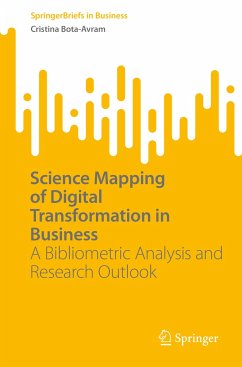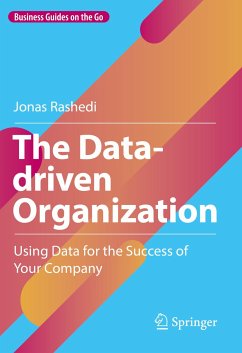
Understanding Cybersecurity Law in Data Sovereignty and Digital Governance (eBook, PDF)
An Overview from a Legal Perspective
Versandkostenfrei!
Sofort per Download lieferbar
40,95 €
inkl. MwSt.
Weitere Ausgaben:

PAYBACK Punkte
20 °P sammeln!
This book provides an overview of the topics of data, sovereignty, and governance with respect to data and online activities through a legal lens and from a cybersecurity perspective. This first chapter explores the concepts of data, ownerships, and privacy with respect to digital media and content, before defining the intersection of sovereignty in law with application to data and digital media content. The authors delve into the issue of digital governance, as well as theories and systems of governance on a state level, national level, and corporate/organizational level. Chapter three jumps ...
This book provides an overview of the topics of data, sovereignty, and governance with respect to data and online activities through a legal lens and from a cybersecurity perspective. This first chapter explores the concepts of data, ownerships, and privacy with respect to digital media and content, before defining the intersection of sovereignty in law with application to data and digital media content. The authors delve into the issue of digital governance, as well as theories and systems of governance on a state level, national level, and corporate/organizational level. Chapter three jumps into the complex area of jurisdictional conflict of laws and the related issues regarding digital activities in international law, both public and private. Additionally, the book discusses the many technical complexities which underlay the evolution and creation of new law and governance strategies and structures. This includes socio-political, legal, and industrial technical complexities which can apply in these areas. The fifth chapter is a comparative examination of the legal strategies currently being explored by a variety of nations. The book concludes with a discussion about emerging topics which either influence, or are influenced by, data sovereignty and digital governance, such as indigenous data sovereignty, digital human rights and self-determination, artificial intelligence, and global digital social responsibility.
Cumulatively, this book provides the full spectrum of information, from foundational principles underlining the described topics, through to the larger, more complex, evolving issues which we can foresee ahead of us.
Dieser Download kann aus rechtlichen Gründen nur mit Rechnungsadresse in A, B, BG, CY, CZ, D, DK, EW, E, FIN, F, GR, HR, H, IRL, I, LT, L, LR, M, NL, PL, P, R, S, SLO, SK ausgeliefert werden.












